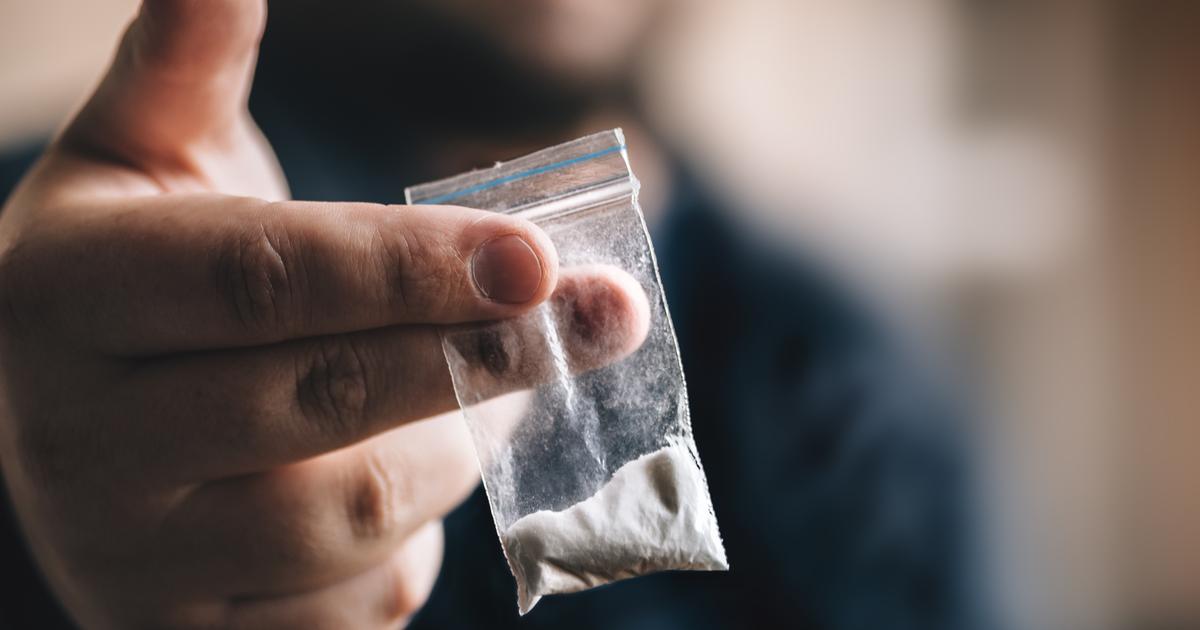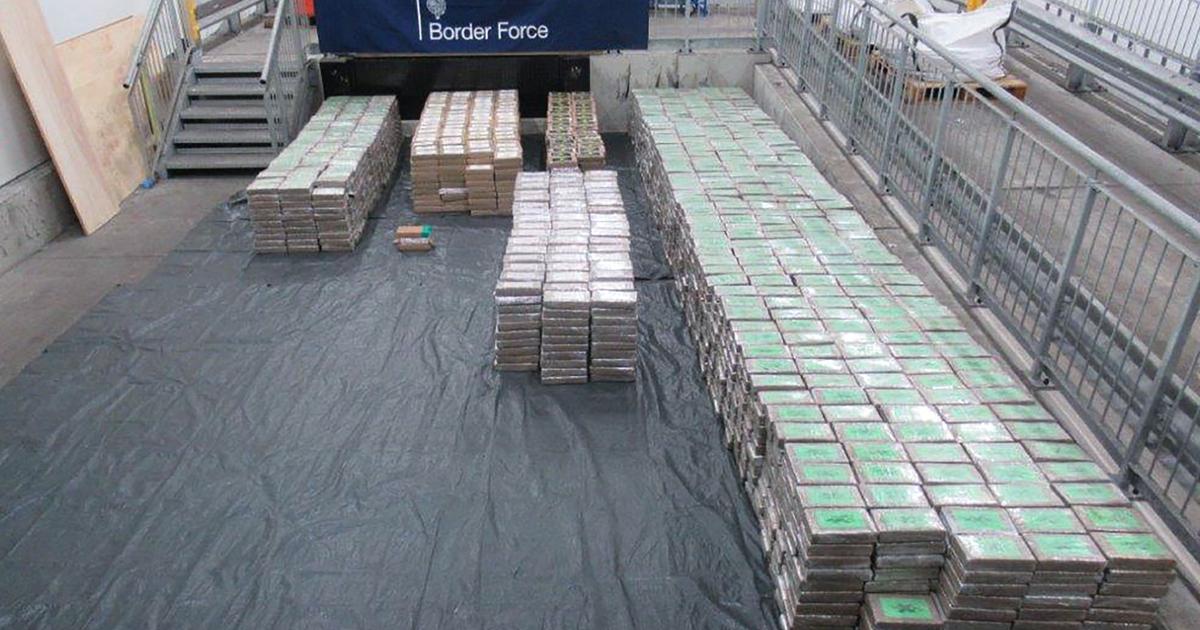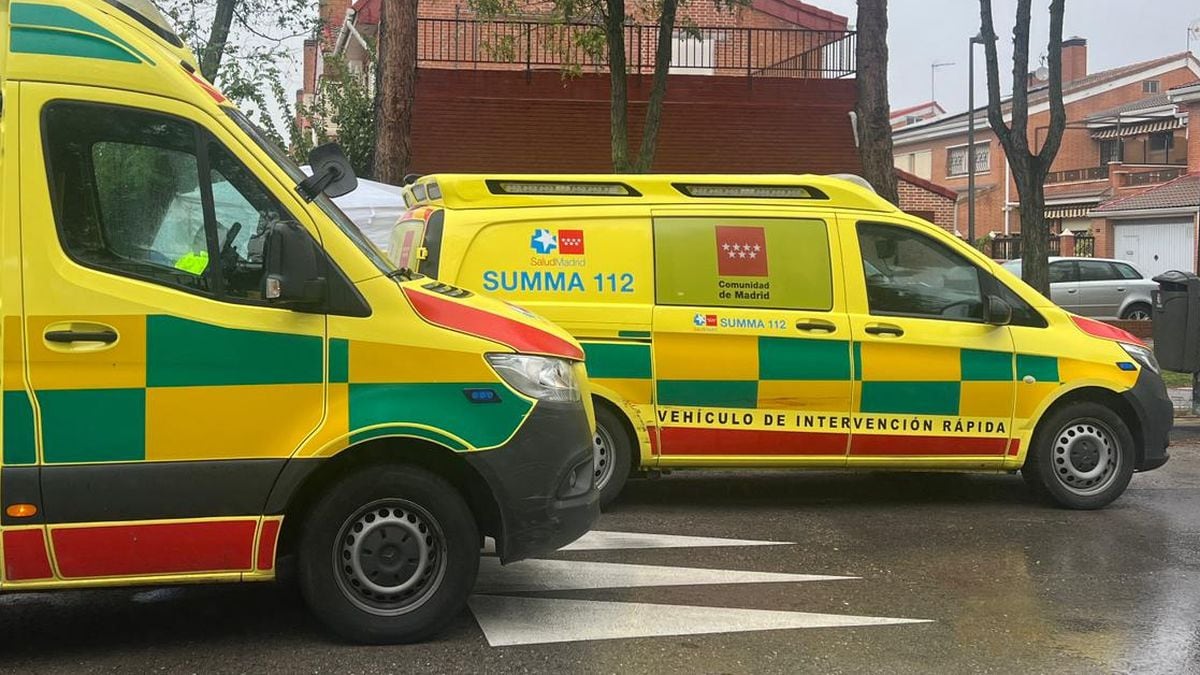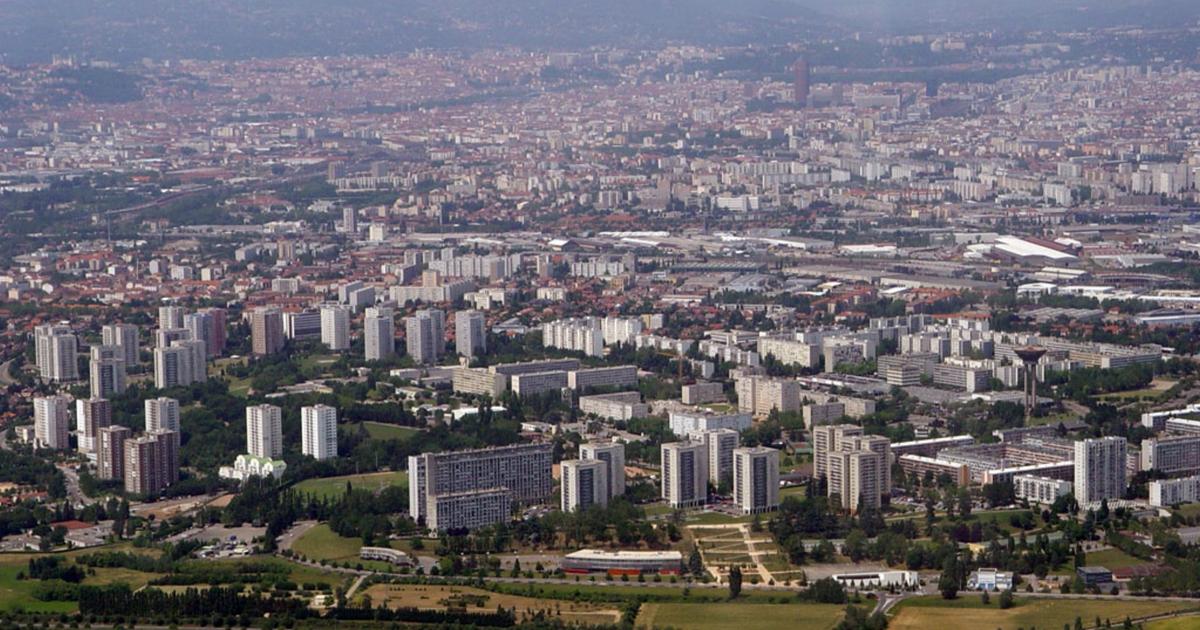In a video released by Spanish police, officers in white coveralls with masks venture into a house between lab equipment, tubs and plastic basins.
In another room, there are stacked packets of drugs.
The house hosted a cocaine production laboratory, near the town of Pontevedra, in northwestern Spain.
The Spanish national police announced on April 13 that they had dismantled the production site and arrested 18 Colombian, Mexican and Spanish people, seen on the video, kneeling and handcuffed.
Officers seized 150 kilos of cocaine, 1,300 kilos of cocaine paste and 25,000 liters of chemicals.
The head of the police's Central Narcotics Squad, Antonio Martinez Duarte, called the facility
"the largest paste and cocaine processing laboratory in Europe
".
The important organization of the laboratory, with a chieftaincy, an engineer and many chemists, differs from other, more artisanal, attempts to produce cocaine discovered so far in Europe.
“This is the first time that we have seen such industrial production on European territory, which is usually found in the Amazonian forest
”, confirms to Figaro Frédéric Ploquin, journalist and author of the investigation
Les Narcos français break l 'omerta
.
An operation of several months
The Spanish police had been following this criminal network for several months, which extended to the Canary Islands, the Spanish Basque Country, Galicia as far as Madrid.
The police monitored the arrival in Spain of shipments from Colombia, according to Spanish media Antena 3. The laboratory operated two to three weeks before the police launched their operation.
Upon their arrival on the scene, the police discovered the inhuman working conditions of the employees (called "cooks") working in chemical processing, close to "
slavery",
according to Emilio Rodriguez, the head of the organized crime police unit.
"Six
'
cooks' work at full capacity, 24 hours a day, seven days a week
," reports the Spanish daily
La Vanguardia
.
Investigators believe that Mexican drug traffickers were in charge.
The latter would have put cocaine paste, a product that has yet to be chemically transformed, inside two construction machines used to crush stones.
Once the material was recovered, the laboratory then had to transform the paste into cocaine.
Europe: new land of production
The discovery of this installation confirms a trend: drug trafficking organizations are increasingly relocating their production stages to Europe.
“The main idea is to circumvent borders,
explains Frédéric Ploquin, to
avoid tightening border controls, more and more seizures and the use of technology to detect drugs
.
»
Because customs have more difficulty in identifying unfinished products, such as cocaine paste, during controls, especially in ports.
All the traffickers then need to do is complete the manufacturing process in on-site labs.
"There have been small laboratory attempts over the past year which suggested that production sites in Europe were going to develop"
, analyzes Frédéric Ploquin.
In addition, the unprocessed material offers better economic profitability, because it makes it possible to produce more cocaine from the same imported quantity.







/cloudfront-eu-central-1.images.arcpublishing.com/prisa/RIEGNR2BRDHJGVEUXQK5ZTXPMI.jpg)

